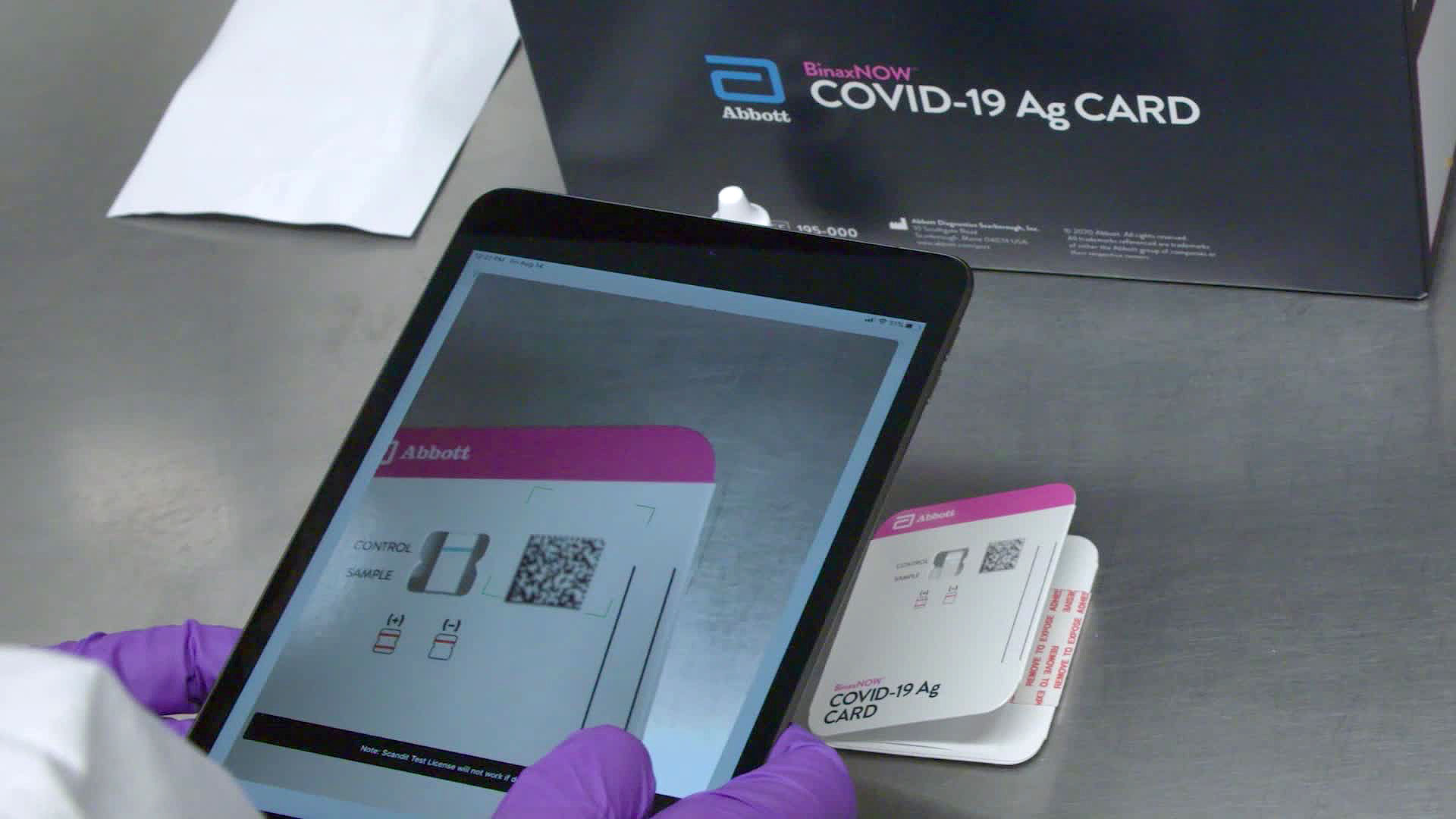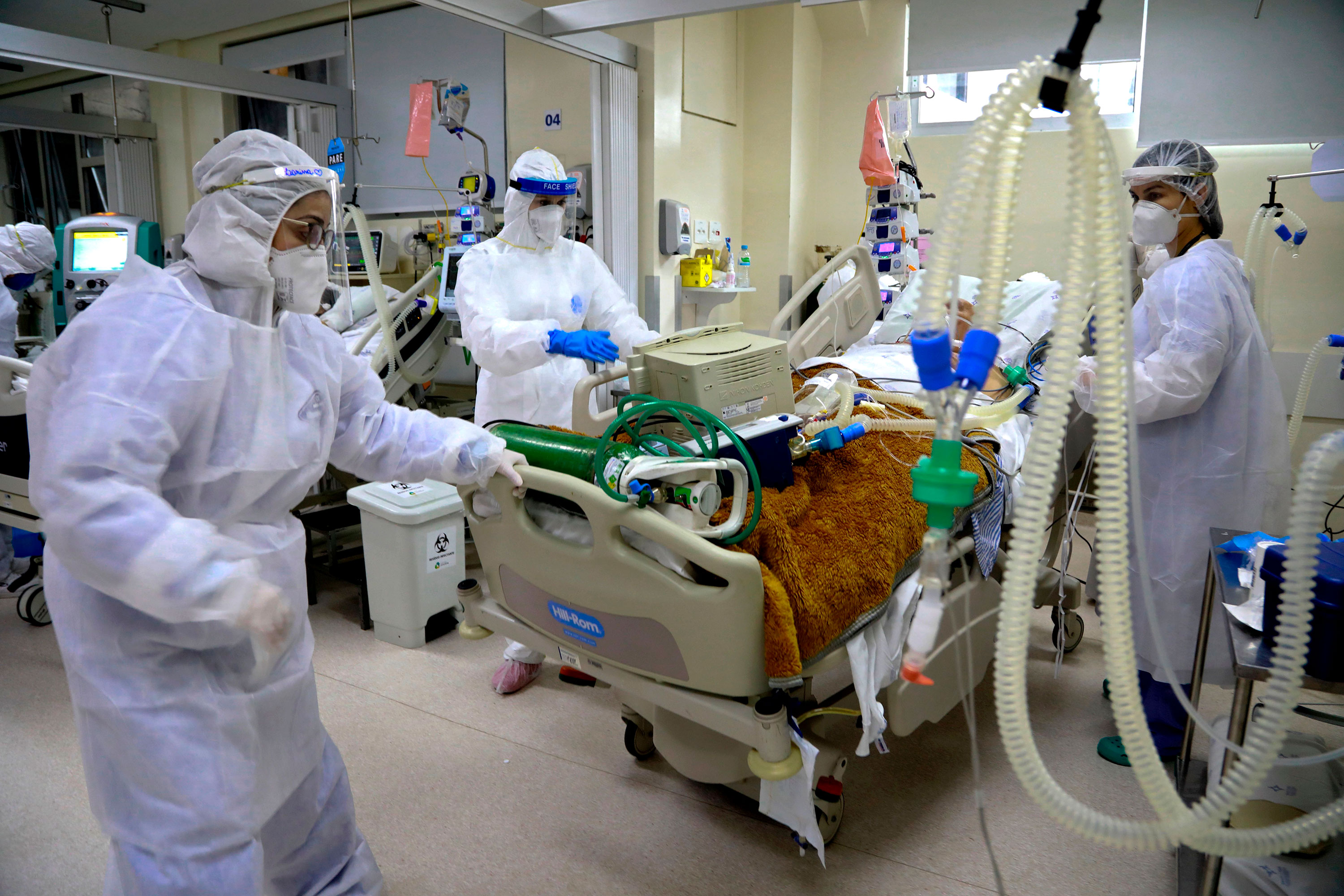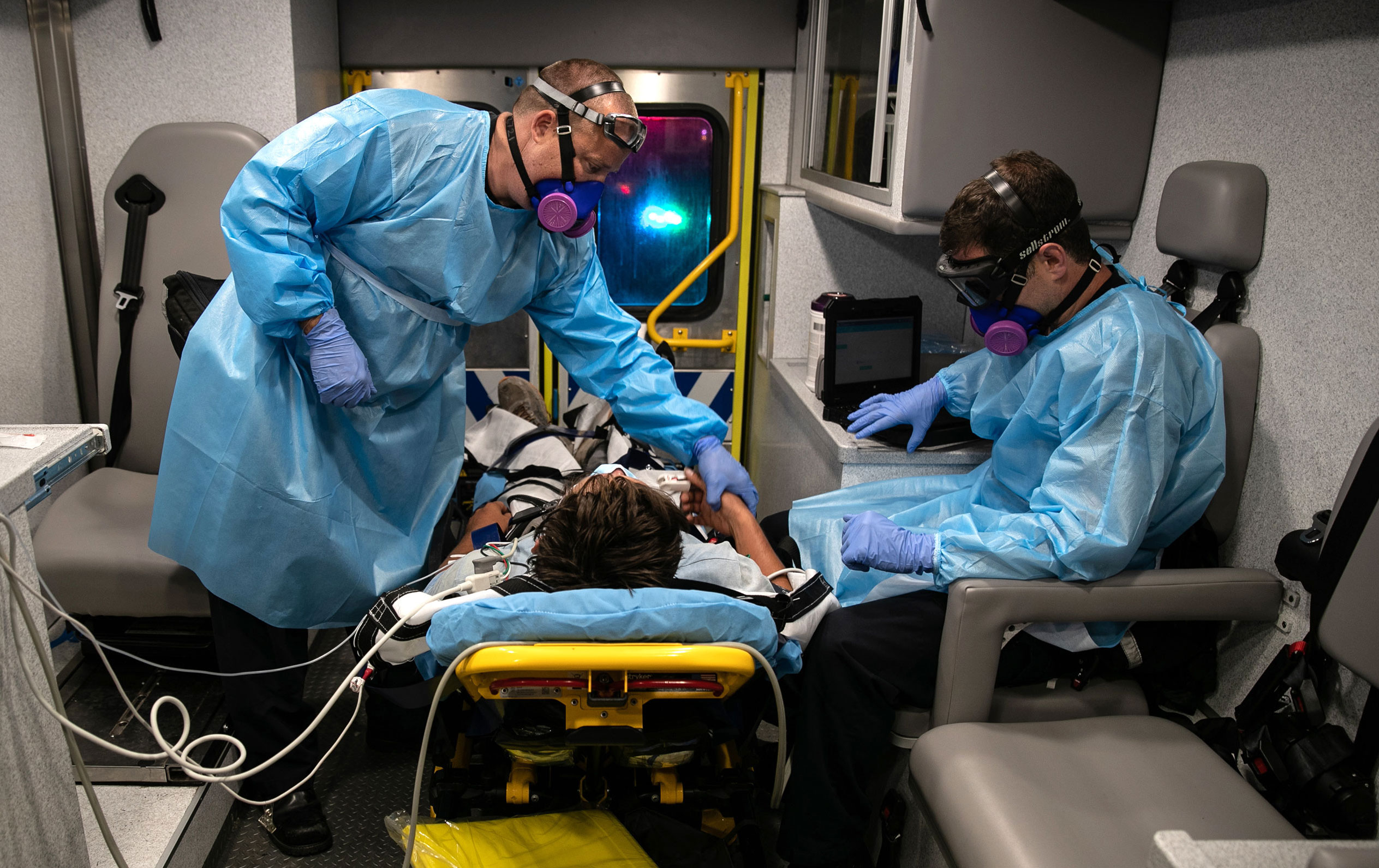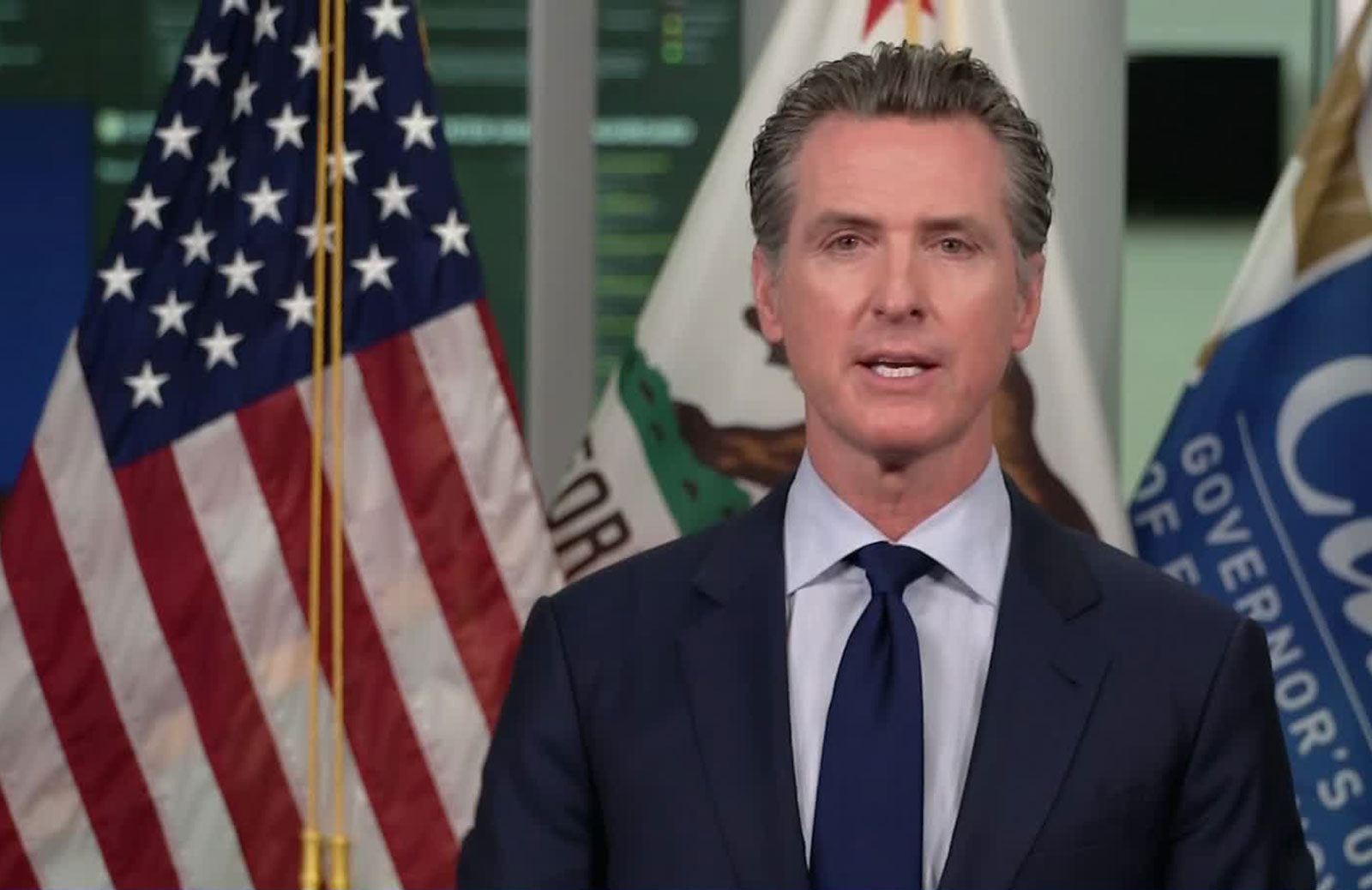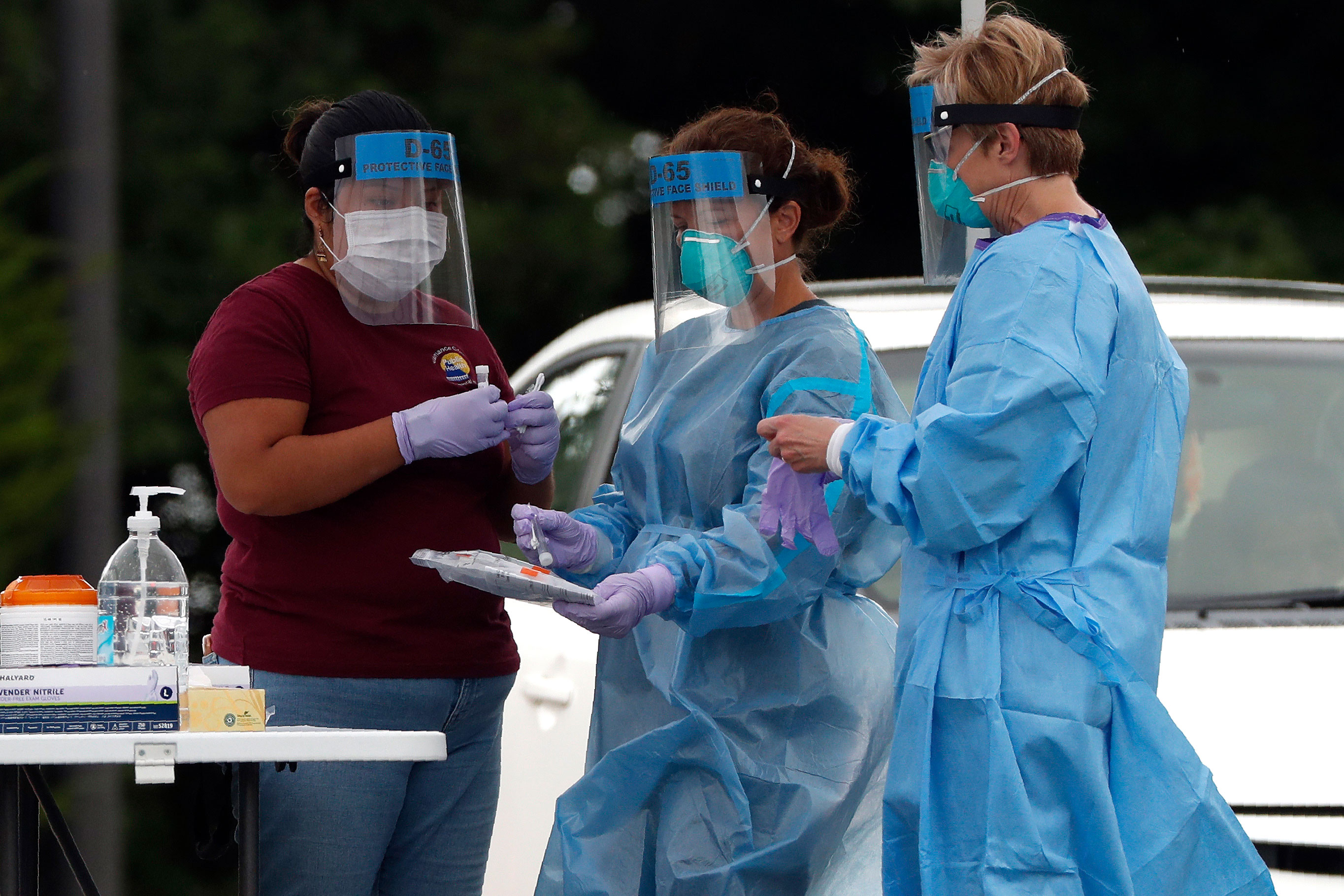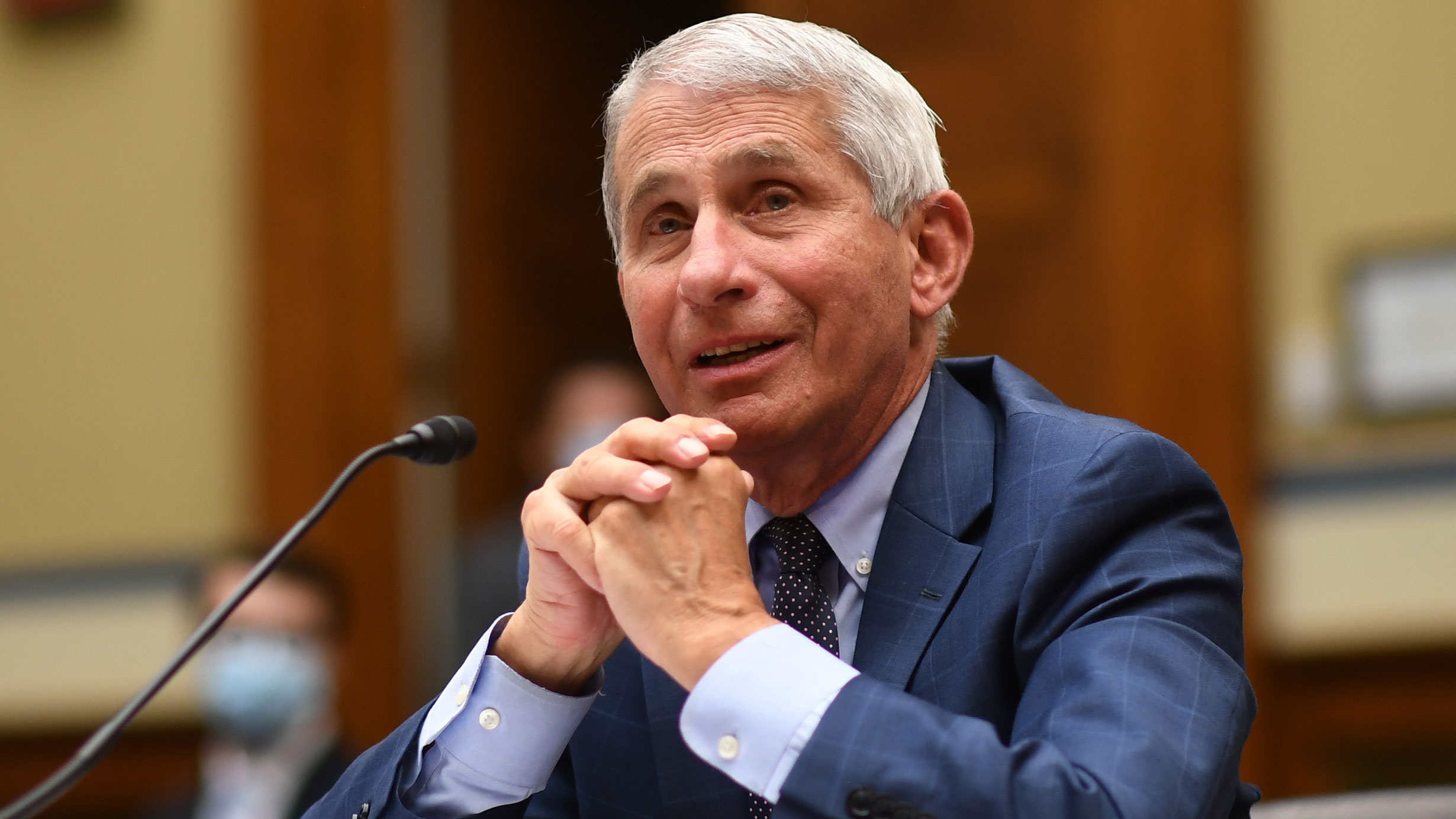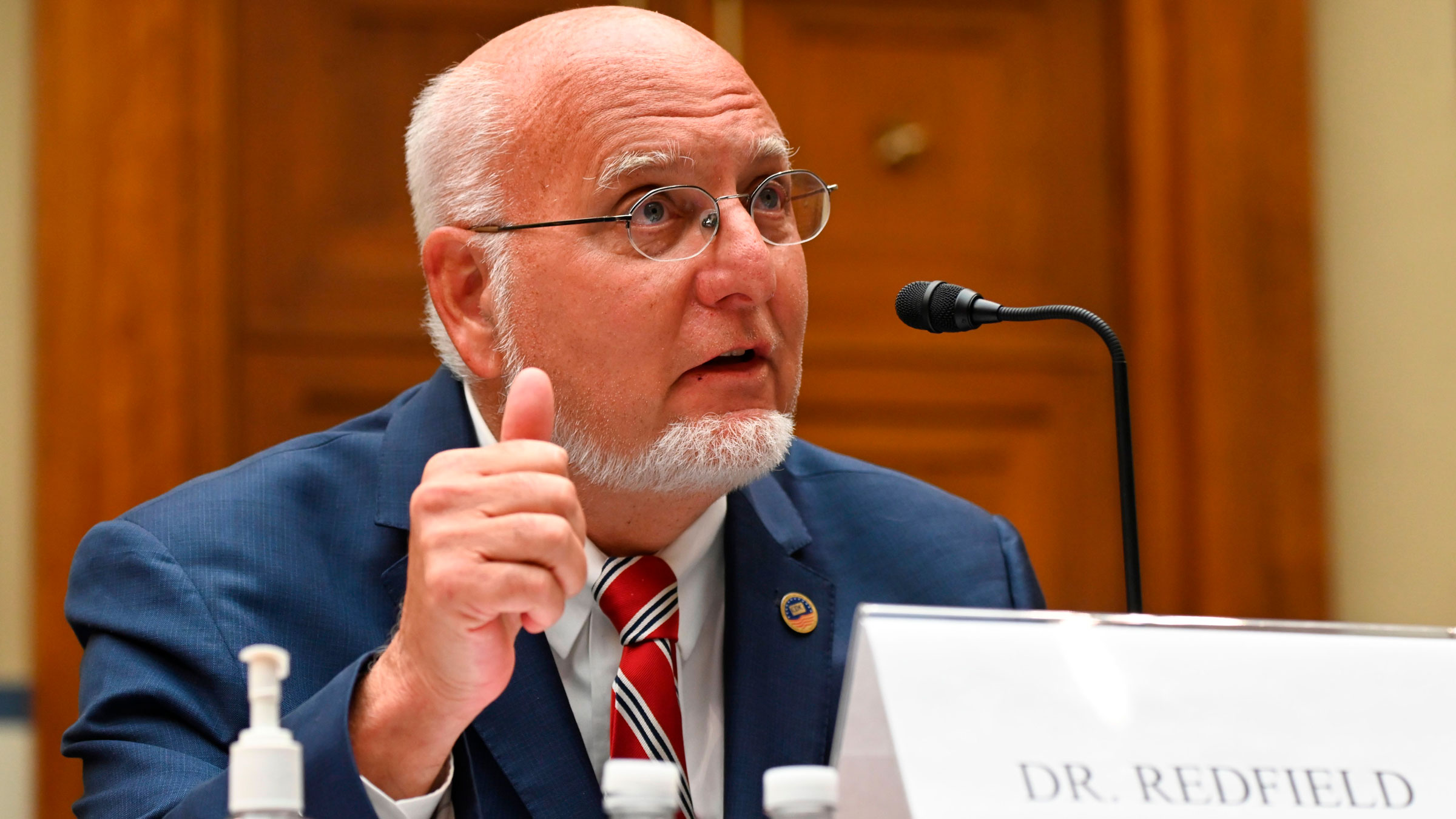
The US Centers for Disease Control and Prevention (CDC) made controversial changes to its testing guidelines after “updated recommendations” from the White House coronavirus task force, CDC Director Dr. Robert Redfield said earlier today.
“These updated guidelines, coordinated in conjunction with the White House Coronavirus Task Force, received appropriate attention, consultation and input from task force experts,” Redfield said in a statement to CNN.
“We are placing an emphasis on testing individuals with symptomatic illness, individuals with a significant exposure, vulnerable populations including nursing homes or long term care facilities, critical infrastructure workers, healthcare workers and first responders, or those individuals who may be asymptomatic when prioritized by medical and public health officials."
The changed guidelines: The Trump administration has spent the day scrambling to explain the quiet changes made to the CDC website Monday.
The previous guidelines recommended testing anyone who had been in close contact with a confirmed case, even people who do not develop symptoms. The new guidelines said only some people should get tested.
Controversy over official approval: Earlier, Adm. Brett Giroir, who heads testing efforts for the task force, told reporters that task force members had weighed in on the change -- including Redfield and Dr. Anthony Fauci, the nation's top infectious disease expert.
But Fauci later denied this to CNN’s Dr. Sanjay Gupta.
